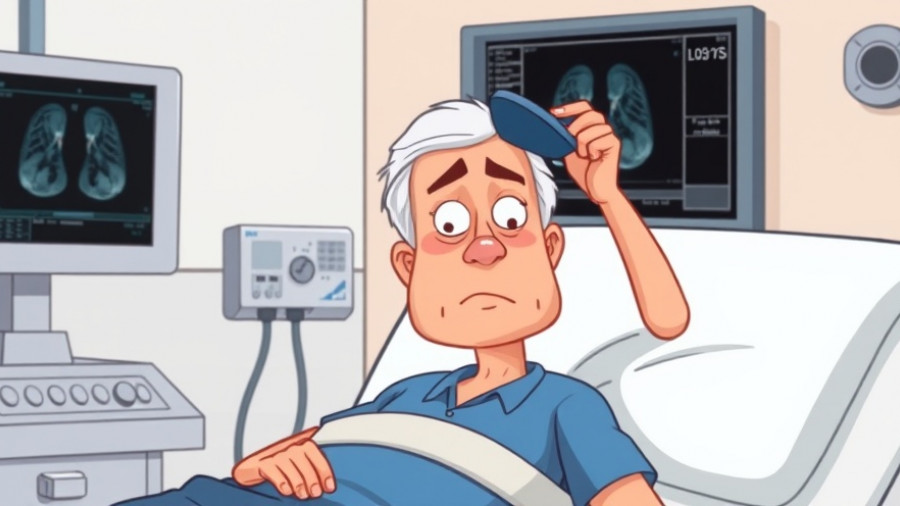
The Push for Revolutionary Research on Psychedelics and Marijuana
In a significant leap towards mental health treatment, California Governor Gavin Newsom recently signed Assembly Bill 1103, aiming to expedite research on marijuana and psychedelics. This initiative is crucial, especially for veterans grappling with conditions like post-traumatic stress disorder (PTSD) and opioid use disorders. By streamlining the research process for Schedule I and II substances, the state is paving the way for potentially life-saving medical advancements.
The bill allows the Research Advisory Panel of California (RAPC) to undertake expedited reviews of research applications, enabling researchers to gather essential data quickly. For veterans, whose suicide rates are tragically higher than their civilian counterparts, these new therapies offer hope and a chance at recovery that has long been awaited.
Understanding the Context of Drug Interdiction
While California is embracing progressive drug policies, the United States is also ramping up military action against suspected drug traffickers in Venezuela. Recent attacks by the US military have resulted in the destruction of several vessels labeled as 'drug boats,' killing multiple individuals. Critics argue these actions reflect a broader strategy to undermine the Venezuelan regime under President Nicolás Maduro, rather than a genuine commitment to combating drug trafficking.
This approach raises profound ethical questions about the consequences of military interventions, particularly in regions where drug trafficking is intertwined with local political dynamics. The portrayal of these boat assaults may divert attention from the underlying complexities of drug production and trafficking dynamics, particularly in comparison to other more prominent traffickers in the region.
Implications for Families and Future Generations
For parents concerned about how these drug policies and interventions affect their children, understanding the nuances of marijuana and psychedelics is essential. With the legalization of marijuana and the potential acceptance of psychedelics for medical use, the conversation around substance use among youth is evolving. Educational initiatives focusing on responsible use and substance abuse prevention are more critical than ever.
Families must engage in open discussions about drugs and their potential medical benefits. Access to research-backed information helps demystify and normalize conversations around substances that might one day be part of therapeutic regimens for conditions affecting their loved ones.
The Role of Addiction Treatment in the Conversation
The ongoing debate about legal substances also intersects with addiction treatment. With a growing interest in exploring different approaches—ranging from traditional interventions like inpatient rehab to holistic therapies—communities must be aware of the resources available. Effective programs, such as group and individual counseling, as well as therapy methods like cognitive-behavioral therapy, provide pathways for recovery.
For families who may have loved ones struggling with substance abuse, it’s essential to explore various treatment options, including medication-assisted treatment and dual diagnosis treatment that concurrently addresses mental health and addiction. Awareness towards these avenues forms the crux of forming supportive recovery environments.
Moving Beyond Stigma: A Call for Discussions
As California pushes forward with progressive drug research, there exists an opportunity to change the narrative around addiction. Families must advocate for education, not just for themselves but within their communities, about mental health and the importance of seeking help without shame. Constructive discussions aimed at reducing stigma surrounding addiction and treatment options can empower those affected to seek the support they deserve.
The landscape of drug policy in the United States is changing fast, and with it comes the potential for better understanding and more effective treatment modalities for those struggling with substance dependence. By keeping informed and involved, parents and families can help shape a healthier future for the next generation.
Conclusion: An Invitation to Engage
As these developments unfold, it is critical for families to actively participate in discussions surrounding substance use, treatment options, and innovative research. Engage with local community resources, attend educational workshops, and keep the conversation going. Together, we can dismantle myths about addiction and foster a culture that prioritizes healing and understanding.
 Add Row
Add Row  Add
Add 




Write A Comment